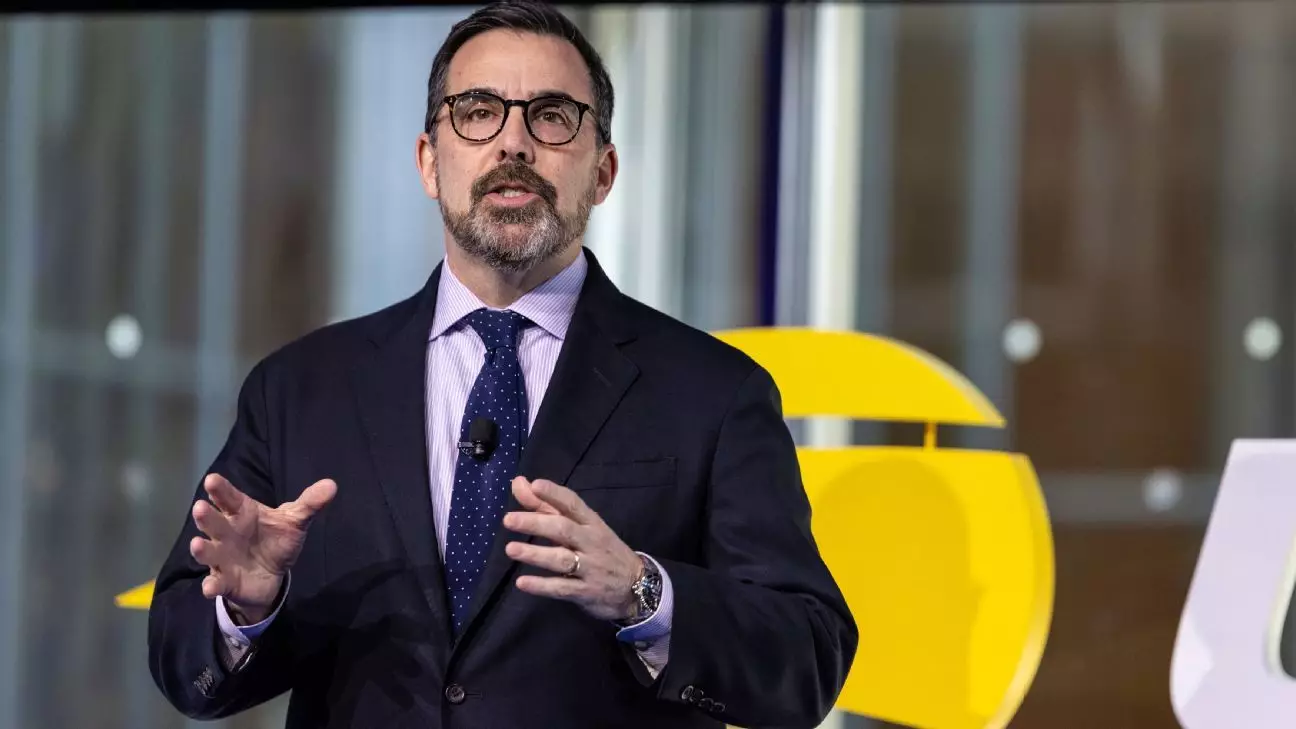In a strategic move that has sent ripples throughout the sports world, the New York Mets have appointed Lew Sherr, the current CEO of the U.S. Tennis Association (USTA), as their new president of business operations. This decision is indicative of the team’s commitment to reinvention and aggressive growth in an industry that is often resistant to change. Sherr’s tenure at the USTA has been notable, especially in increasing tennis participation nationwide and boosting attendance and revenue for the prestigious US Open. His extensive experience in the sports sector positions him as a catalyst for the Mets, a franchise yearning for revitalization and success on and off the diamond.
Sherr is no stranger to organizational transformation—he has been pivotal at the USTA since 2010, holding various leadership roles that culminated in his current position. His approach to tennis has always encompassed not just the sport itself, but its integration into the cultural fabric of the community. His insights and initiatives could provide the transformative outlook that the Mets desperately require as they navigate a competitive and often challenging landscape.
What Awaits the Mets Under Sherr’s Leadership?
With Sherr’s appointment, the Mets are not just filling a vacancy; they are signaling a commitment to innovative and expansive growth strategies that encompass all facets of the organization. His enthusiasm is palpable, underscored by his respectful acknowledgment of the current ownership’s dedication to the franchise. Owners Steve and Alex Cohen have made a significant impact since their acquisition, pouring resources into the team and the surrounding community, aiming to foster a rich environment for both fans and players.
The integration of a casino and entertainment district near Citi Field reveals the ownership’s ambition to create a multifaceted experience for the team’s supporters. Sherr’s acumen in revenue generation could be instrumental in pushing these projects to fruition, allowing the Mets to thrive in a profit-driven landscape. The ongoing discussion surrounding the reclassification of the parking lots adjacent to Citi Field for commercial purposes underlines the dynamic and proactive approach that Sherr will likely bring. It is a bold direction that could redefine not only the franchise’s economic standing but also its cultural significance in New York.
Challenges Ahead: A Shaky Foundation
Despite the optimism surrounding Sherr’s appointment, the Mets face a variety of challenges that he will need to navigate cunningly. The organization has seen a series of high-profile departures in its upper management, including the former president of business operations, Scott Havens, and several other key figures across different departments. Such turnover could destabilize the operations temporarily and possibly affect team cohesion. Transitioning into his new role amidst this flux may require Sherr to act decisively, ensuring that the core vision for the organization remains focused and strong.
Investigating the reason behind these departures—in some cases, they reflect a broader issue of organizational culture—could provide Sherr with insights on how to tackle the existing problems head-on. Establishing a healthy company culture that aligns with the team’s growth objectives will be imperative if the Mets want to cultivate both talent and success in a realm teeming with competition.
Legacy and Long-term Vision
As Sherr prepares to take the reins at the Mets, the anticipation surrounding his vision for the future is undeniable. His impressive resume and forward-thinking approach will be pivotal in driving long-term changes that echo beyond just immediate results. The foundation laid during his time at the USTA, marked by innovation and active engagement with the community, sets a promising precedent.
Sherr emphasizes his commitment to a seamless transition, demonstrating his readiness to embrace his responsibilities. But his success will ultimately depend on how well he can maneuver the complex challenges within the Mets franchise and the broader pressures of major league baseball. Given the tumultuous nature of sports management, the onus will be on him to implement sustained changes that not only elevate the experience for fans but also create a lasting legacy for the organization.

